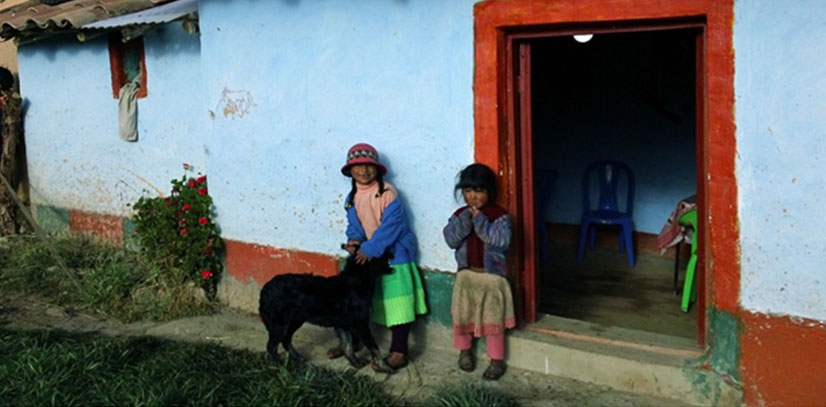
It’s easy to disregard working conditions and production realities in countries far from your hometown. If most people would struggle to even find Bolivia on a map, it’s no wonder the labour situation isn’t exactly of top priority.
Many consumers believe part of being a responsible world citizen involves knowing the realities of where our clothes and products are coming from. In an increasingly globalized world, Bolivia is being gobbled up by cheaper clothing and textile producers in a global race to the bottom. With ready-made textiles being produced far cheaper by the industrialized Chinese-led competition, hand-done work in Bolivia is an increasing rarity. The clothing manufacturers that do still exist in the small, landlocked South American country are struggling to compete, and unfortunately the cuts are coming from worker wages, safety and legalities. As time goes on international labour laws are being circumvented in an effort to increase profits and prevent complete collapse. Innovation is not the name of the game in Bolivia, and as jobs dry up more and more people are reverting to working in the cruelly unsafe mineral mines and largely unregulated farms.
Despite Bolivia being subject to the UN’s International Labour Organization’s Minimum Age Convention, it is now completely legal to work in Bolivia from the age of 10. While the minimum wage is technically $250US/month, this is routinely ignored, especially for children who lack negotiation powers and are forced to accept the work that will help support their families.

Shockingly, international charity is also harming the textile industry in Bolivia. Used/donated clothing imported from the United States has forced smaller clothing producers to shut down domestic production. According to the National Chamber of Industry between 2000 and 2008 32,000 small textile workshops shut down and more than 160,000 jobs were eliminated.
As 64% of Bolivia’s population lives below the poverty level, unable to meet basic needs such as food, shelter and access to healthcare, textile companies now have more power than ever before to force workers to accept harsher conditions for less pay: the citizens are Bolivia are routinely desperate for the bare necessities of life.
Support ethically sourced clothing, accessories and products. Refuse to support companies that oppose transparency in their production lines. Demand that companies not only pay fair wages, but that they do not employ children, they enforce realistic safety expectations and dignified working conditions.